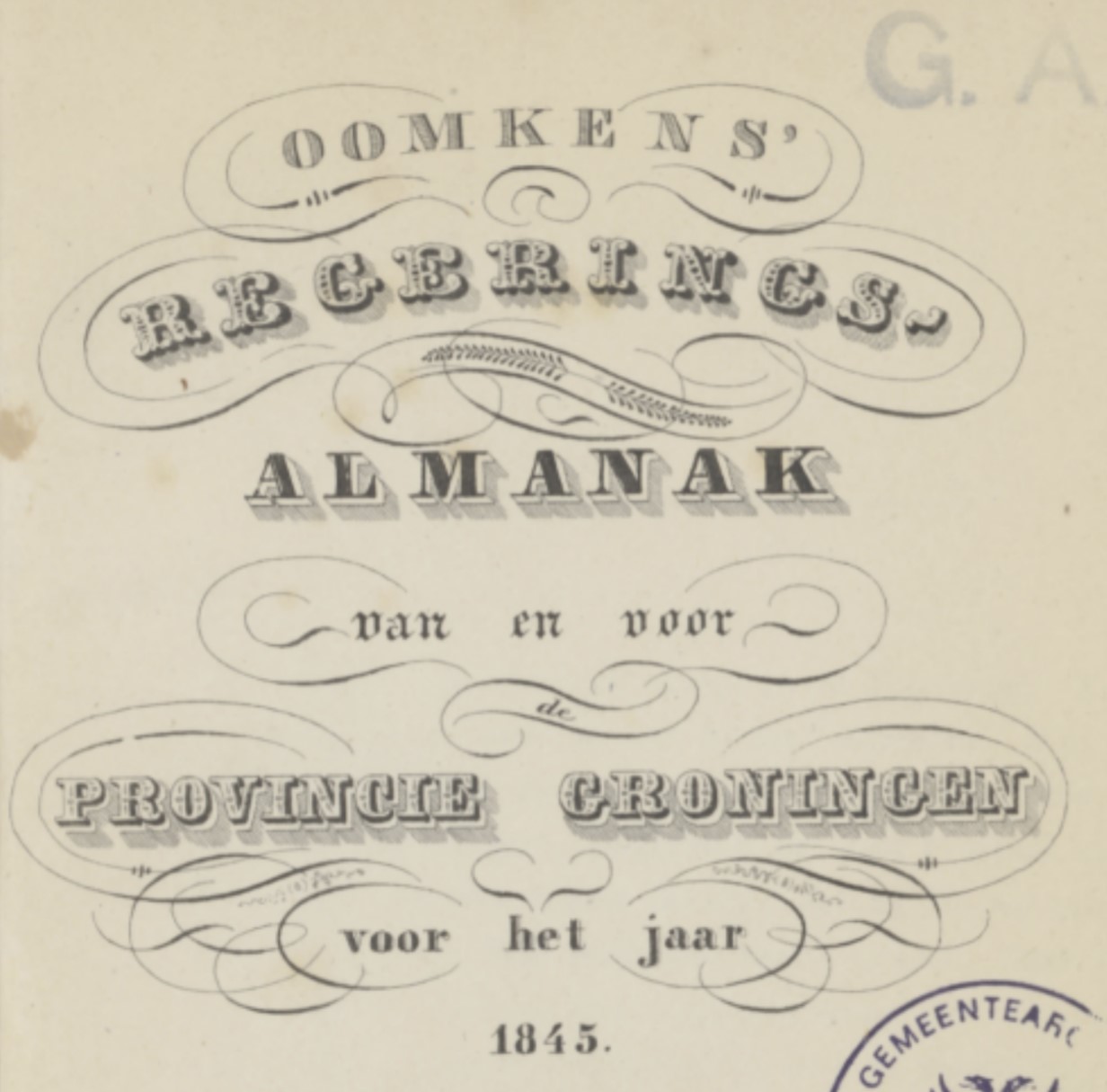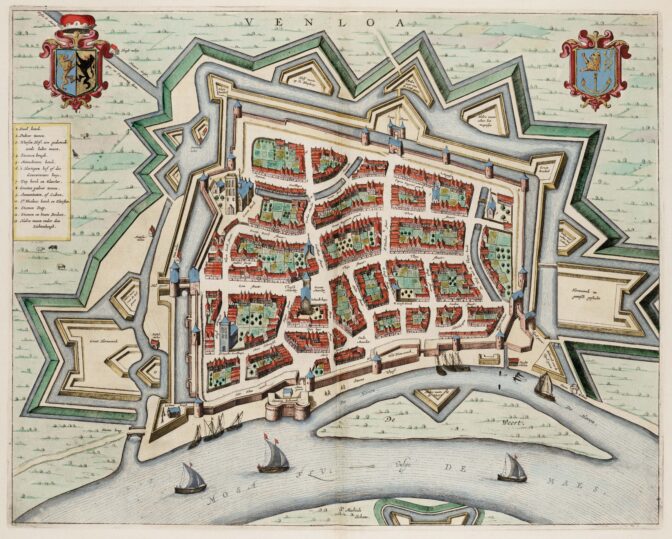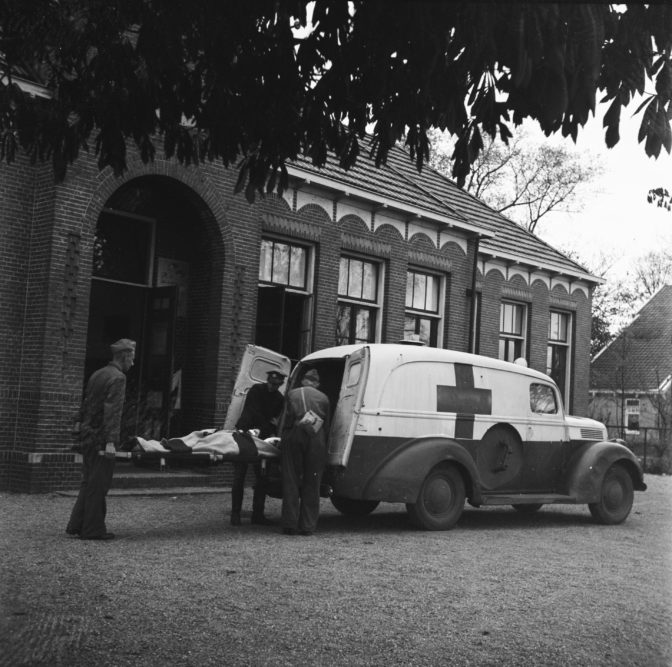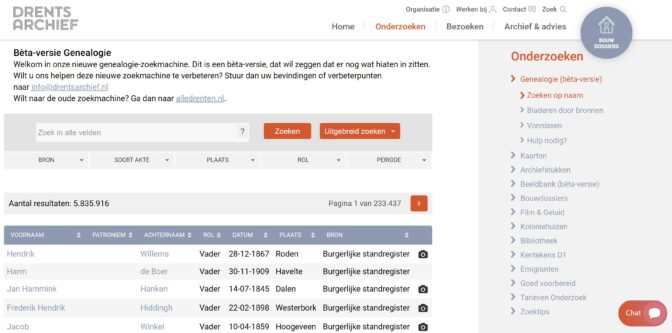Here are new websites and sources that were announced last month.
Sources
- The Historisch Centrum Overijssel has digitized several Overijssel notarial records 1836-1925. The scans are now available via the finding aid.
- The contemporary indexes (“repertoires”) of the notarial records from The Hague (1843-1935) have been scanned and are available online via the finding aid. The notarial records themselves can be ordered via free scanning-on-demand after January 1st, 2021.
- The Amsterdam City Archives added over 100,000 new notarial records of Amsterdam (1600-1811) to their indexes. The indexing project is ongoing, so coming back periodically to repeat a previous search can lead to new results.
- The Regionaal Archief Tilburg digitized several registers from the period 1908 and 1914 from Tilburg, including military enlistment records. These records can be consulted through the finding aid.
- Transcriptions of court and tax records of various places in Gelderland have been added to Genealogiedomein.
- Scans and indexes of the population register of Medemblik and Wijdenes 1921-1937 can now be consulted again at the website of the West-Fries Archief, if all people on the page were born more than 100 years ago. These scans initially went offline after the new privacy regulations, but are now being put back online for the parts that do not contain recent information.
- The Brabants Historisch Informatie Centrum added several civil registration, church, and court records from Noord-Brabant to their website. Check the announcement for an overview.
- An overview of marriage dispensations in the southern part of the district of Nijmegen between 1678 and 1805 was published at the Regionaal Archief Nijmegen website.
- Government almanacs for the province of Groningen 1845-1935 were published by the Groninger Archieven. The almanacs provide information about local events, administrators, key civil servants, teachers, and other officials.

Websites
- Delpher, the website where you can find Dutch newspapers, magazines, and books, has gotten a new user interface that should make the website easier to use by different groups and on different devices.
- The Amsterdam City Archives started a chat service for researchers. If you need help, you can chat with an employee who can give you tips about your research. The chat service is available Monday through Friday from 2 to 5 PM (GMT+1). The chat option will appear on the website when available.
- Alle Drenten, the genealogical website for research in Drenthe, will be going offline soon. The information will be migrated to the Drents Archief website.
Projects
- The Breda city archives started a crowd sourcing project to index Breda notarial records 1843-1905. Volunteers can join the project at Vele Handen.
- The Historisch Centrum Overijssel started a crowd sourcing project to transcribe the Resolutions of the States of Overijssel. The pilot will use handwritten text recognition technology to create transcriptions of two books from 1799, which will then be corrected by volunteers at Vele Handen.
- The Historisch Centrum Overijssel is scanning various record groups relating to the administration of Zwolle and Overijssel. These records are temporarily unavailable in the reading room. [Source: HCO]
- The Regionaal Archief Rivierenland started a project to transcribe the contemporary indexes of notarial records in the western part of Gelderland
- A project to transcribe 17th century newspapers won the Netherlands Data Prize 2020. The project was a collaboration between the Royal Library, the Instituut voor de Nederlandse Taal (INT) and the Meertens Institute. Volunteers entered the text. The results are searchable at Delpher. [Source: KB]
- THe Venlo City Archives have started a major project to preserve and digitize the records of the Venlo City Administration (1272-1814). During the project, subsets of this record group are not available in the reading room. [Source: Venlo archives]

Map of Venlo, 1649. Credits: W. Blaeu.
Archives
- Many archives have reopened again, by appointment only, masks required. Check the website of the archives for details. Some have a long waiting list for on-site visits.
- Some archives providing scanning on-demand have temporarily stopped the service because of high demand. Check the website of the archives for details.
- COVID-19 has been proclaimed a ‘hotspot’ in terms of archival record management, which means records relating to the outbreak will receive special consideration. The first lists of the types of records that need to be preserved have now been created. [Source: National Archives]
- The Rotterdam city archives added several new finding aids to their website, including dozens of record groups for “polders,” areas of drained land from the 1500s through to the 1900s. See their announcement for an overview of all the new finding aids.
- The archives of the World War II records of the Dutch Red Cross have now been formally transferred to the Nationaal Archief in The Hague. Several new finding aids and research guides were created (in Dutch) for specific topics: Jewish victims and refugees, the Netherlands East Indies, Forced Labor, Resistance and Policital prisoners, Sinti and Roma, and other topics. Most of the archives are not public yet and require dispensation to use.

Red Cross Ambulance in World War II. Credits: Willem van de Pol, collection Nationaal Archief (public domain)


